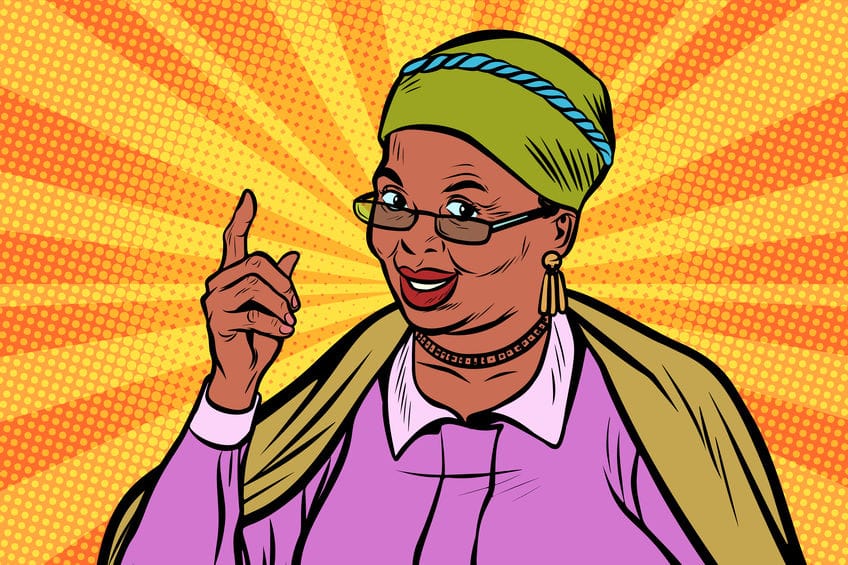Imagine this: You have a handful of donors who are willing to give you some very large donations. Most of them are not major donors, but they could give you donations averaging more than $30,000. And up. In some cases, WAY up.
There are two strange things about these amazing donors:
- You don’t know who they are.
- Their big donations won’t be coming your way for five, ten, or more years.
Even stranger, if you do nothing about these donors and their big donations, you won’t get the donations. (You might get a few anyway, but just a fraction of what they’d love to give you.) You need to take action, and you need to start now.
You’ve probably noticed that this hypothetical situation isn’t hypothetical at all.
It could be literally true for your organization.
Those mystery donors and their potential large donations are charitable bequests.
You have a handful of donors who intend to leave money in their Wills to charities, possibly including yours. But you need to find the donors and foster those donations. And you need to do that for many years. After all, those donors still have many good and happy years ahead of them before they leave their gift to you.
That long wait before you get the bequest is the challenge. Most of us are constantly busy just getting today’s projects done. And if you change jobs, you probably won’t see those wonderful gifts you’ve worked so hard to secure in your previous job.
If you can get past that long delay, the impact on your organization could be bigger than just about anything you can do. Donor bequests are by far the most profitable and high-level form of fundraising available.
I have a challenge for you: be a good-karma fundraiser who pays it forward by doing the bequest-generation work now … even though it may not pay off until you’ve moved on. You wish someone else had done it years ago at your organization. Be the “someone else” who takes that first step for your organization today.
Here are some of the basics for finding and nurturing those bequest donors:
- By far, the most powerful Bequest lead generator is the Supporter Connection Survey with a good bequest question. It beats every other method by miles! You should field one of these at least yearly. You’ll get people showing their interest in leaving you in their Will (and you’ll find out about some who already have). Be sure to promptly follow up by phone, online, or in person.
- Telephoning likely bequest donors is another great way to generate and nurture leads. Do this periodically too.
- Include content about bequests in your newsletter now and then, and consider making it a standard check-off box on the back of your fundraising reply devices. These form a kind of “drip marketing” for bequests.
- Avoid the term “planned giving” when communicating with donors. That’s what we call it. Most donors don’t know what it means!
- Don’t talk about a donor’s “estate.” Technically, everyone has an estate. But your donors likely think of an estate as a mansion surrounded by acres of land. They’ll probably assume you’re talking to someone else.
- Think carefully before widely promoting complex planned giving vehicles (like charitable remainder unitrusts, pooled income funds, charitable gift annuities, etc.). They can be useful for a small percentage of donors, but they are out of reach for most. Talk about Wills and bequests!
- Talking with donors about bequests is very personal and emotional, but it is among the most life-affirming conversations you or they can have. It isn’t a death-focused thing at all. Donors want to do this because they care about the legacy they leave.
- When you have a commitment from a donor to make a bequest, be sure to nurture the relationship with regular communication, acknowledgment and personal contact.
- The decision to put a charity in one’s Will normally takes weeks, months or sometimes even years. Be patient, supportive and helpful as donors work their way through the financial and emotional decisions they need to.
When you keep at the work of telling donors about bequests, uncovering and following up leads of those who are interested, and nurturing those who do … your organization will eventually benefit from some transformational gifts.
And you’ll be meeting an important need that donors have to leave a lasting legacy.
Bequest fundraising can be intimidating. It doesn’t have to be. Take Your Complete Roadmap to Raising Money with Bequests. It’s one of the courses available for all members of The Fundraisingology Lab. Find out more here.
Related Blog Posts:








